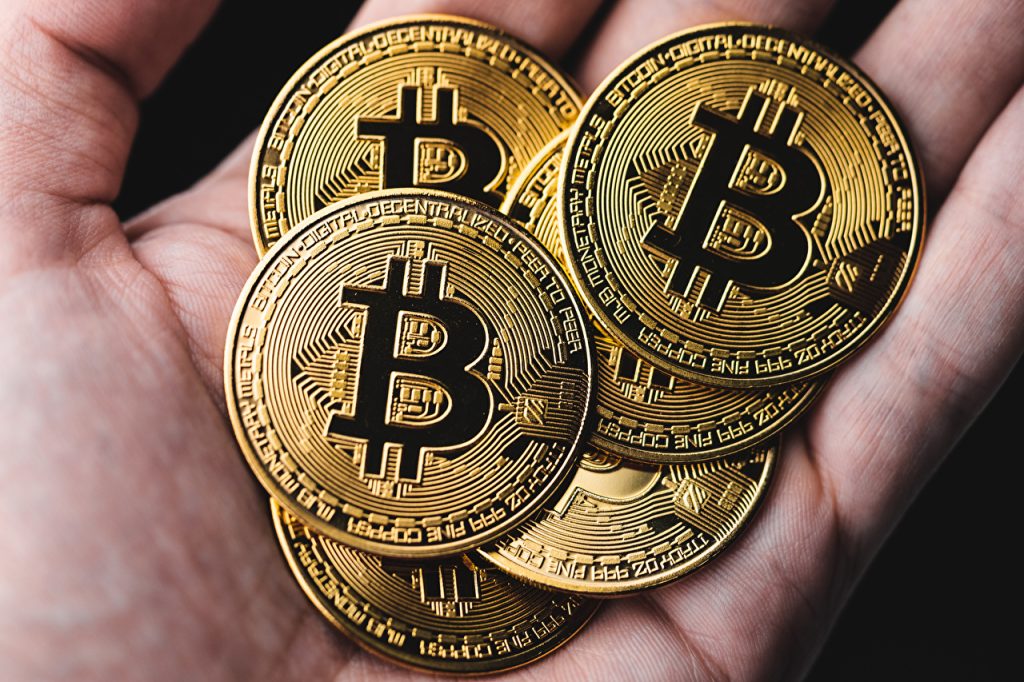How to Buy Bitcoin Cash Securely

Bitcoin Cash (BCH) is the next generation of the original cryptocurrency, fulfilling the promise of Bitcoin as “Peer-to-Peer Electronic Cash”. It’s faster, cheaper, and easier to use.
There are many ways to find cik maksā bitcoin, including exchanges and local peer-to-peer exchanges. Fees are low and can be as little as a penny.
How to buy
Cryptocurrencies are a great way to invest in digital currencies, but you need to know how to buy them securely. There are many options, but the best and safest way to do it is through an intermediary.
To buy bitcoin cash, you need to sign up with a platform like Bybit https://www.bybit.com/en-US/ , which is one of the easiest and most intuitive ways to purchase digital currencies. They are regulated by the French Financial Markets Regulator and have the highest safety standards in the industry.
Once you’ve signed up, you can buy BCH by credit or debit card. However, you must complete a verification process by submitting a photo ID or other documentation.
Once you’ve verified your identity, you can purchase cryptocurrency with a credit card in several fiat currencies at the best rates, including USD, EUR and GBP. You can also use a SEPA bank transfer or instant credit card payment, all of which are completely secure.
Exchanges
Buying cryptocurrencies with cash is an easy, secure and private way to purchase your first Bitcoin. It also allows you to save time by avoiding the lengthy process of bank deposits or exchange transactions.
There are a number of ways to buy BCH with cash, but the most efficient way is by using a cryptocurrency exchange. These exchanges offer a range of services, including a wallet, trading platform and debit card.
Once you’ve found an exchange you like, sign up. Most exchanges require some personal information and an email address to verify your identity.
You can then deposit fiat currency to fund your account. This can be done through a credit or debit card, bank transfer or through a third-party financial service.
If you’re a beginner, it’s best to use an exchange that offers a wide range of deposit methods. This will make the process of buying and selling a whole lot easier, but it’s important to ensure that you pick an exchange with top-tier security.

Scams
Cryptocurrency scams are a scourge on the online world. They can take advantage of people who are naive about investing and don’t understand the risks.
Scams typically involve a company or individual promising big payouts with guaranteed returns, or that they can make you rich quickly. They also use fake celebrity endorsements or testimonials from happy investors.
When you’re looking for a new coin to invest in, be wary of scam coins that are flashy and boast large communities. These can create a fear of missing out effect that leads early holders to pump up the price for a quick profit.
Another scam is phishing – the practice of luring investors into clicking on links that lead to fraudulent websites, harvesting account details. Scammers can then steal your bitcoin or other cryptocurrency or use it to access your U.S. bank accounts and other personal information.
Regulations
As the technology behind bitcoin cash continues to evolve, governments are starting to regulate how the currency is used and traded. Some states are already implementing laws that require crypto exchanges to register with state regulators and implement anti-money laundering (AML) and cybercrime protocols.
In the United States, cryptocurrency exchanges are regulated under the Bank Secrecy Act (BSA). This requires them to register with FinCEN and implement an AML/CFT program.
Cryptocurrency exchanges are also governed by state securities laws. This includes requiring them to comply with state registration requirements, and to provide investors with critical information about their digital assets.
Cryptocurrency exchanges are regulated in Japan, where the financial services agency (FSA) is working to promote compliance and prevent fraudulent activity on exchanges. Although exchanges are currently legal, the FSA is concerned about growing AML concerns and has introduced new security protocols and new obligations for crypto service providers to report suspicious transactions.